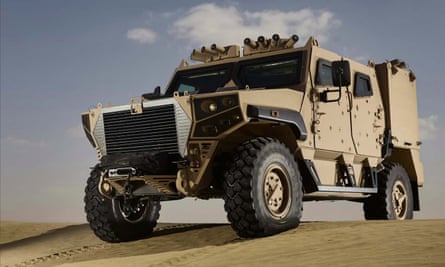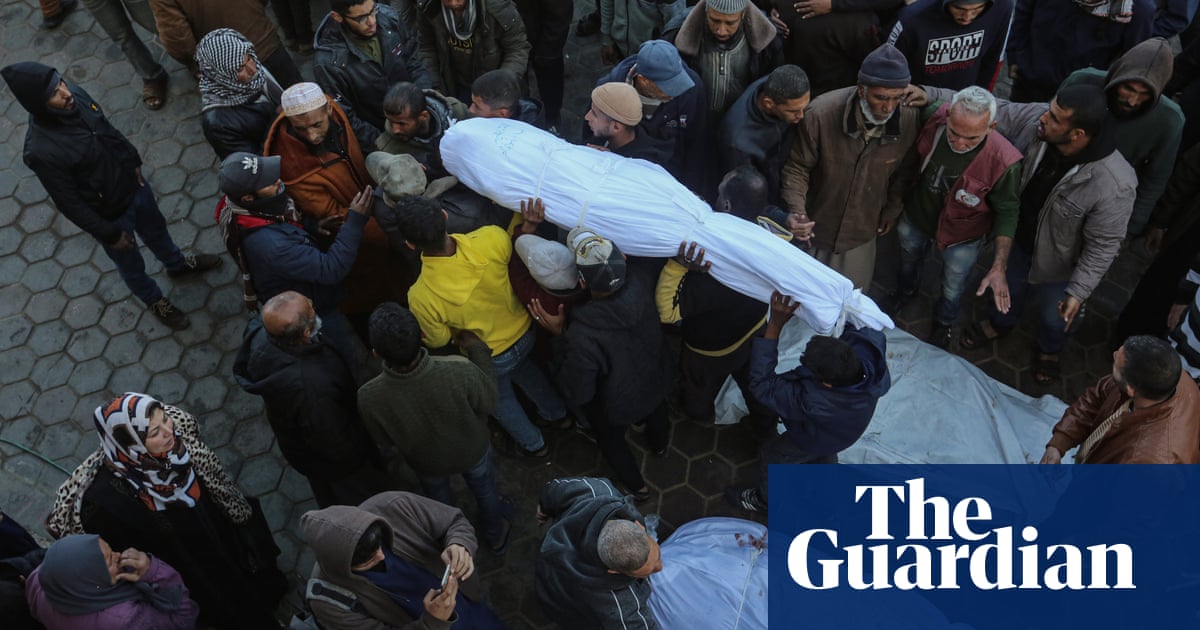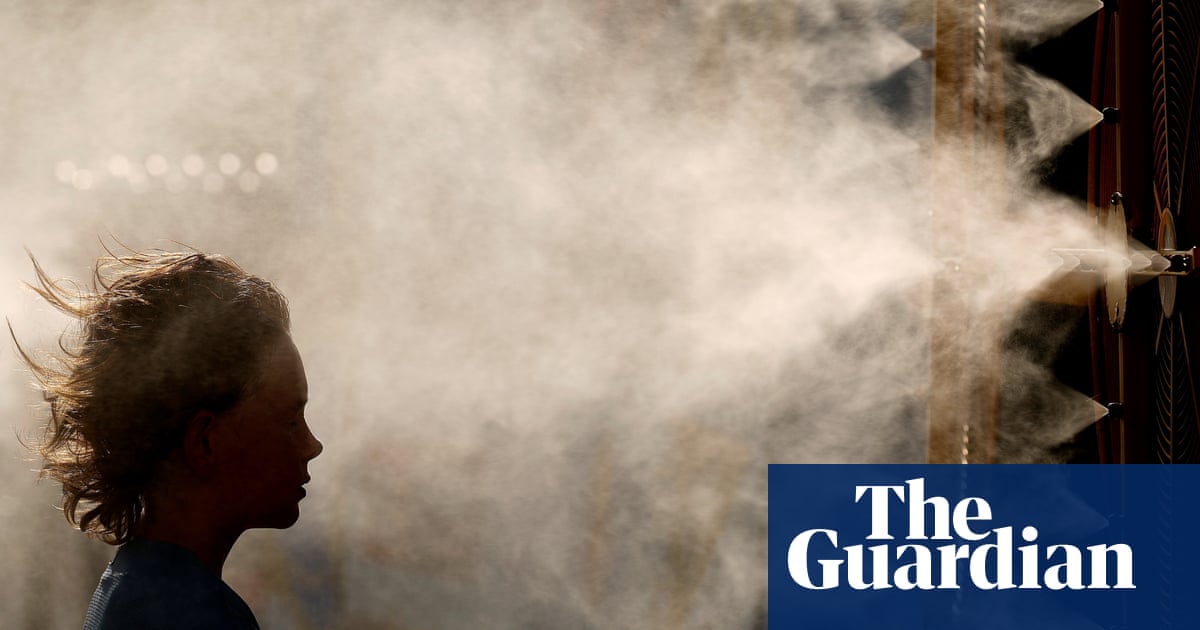France must investigate the use of its military systems by Sudan’s paramilitary forces, which could be in breach of an arms embargo, Amnesty International has said.
The group said it had identified the French-made Galix defence system being used in Sudan on armoured vehicles manufactured in the United Arab Emirates (UAE) – considered a key supplier of weapons to the Rapid Support Force (RSF).
While France can legally export weapons to the UAE, Amnesty said the government and French arms companies had a duty to monitor whether the Galix system was then being illegally exported to Sudan after being affixed to the UAE-produced Nimr Ajban vehicles.
War between the RSF and the Sudanese government forces (SAF) has raged since April 2023, killing tens of thousands and displacing 11 million. The UN has called for external backers to stop supplying weapons to both sides.
A UN embargo in place since 2004 bans all weapons transfers to the region of Darfur, where the Janjaweed militias that were formalised into the RSF were accused of genocide, and the EU also has a ban on weapons transfers to all of Sudan.
The UAE has been accused of violating the embargo by supplying the RSF with arms and its own forces.
Agnès Callamard, Amnesty International’s secretary general, said the French government should stop the companies Lacroix Defense and KNDS France supplying the UAE. Neither company responded to requests for comment.
“The Galix System is being deployed by the RSF in this conflict, and any use in Darfur would be a clear breach of the UN arms embargo,” said Callamard.
“Amnesty International has already shown how the constant flow of arms into Sudan is causing immense human suffering.
“All countries must immediately cease direct and indirect supplies of all arms and ammunition to the warring parties. They must respect and enforce the UN security council’s arms embargo regime on Darfur before even more civilian lives are lost.”

Galix helps vehicle sensors detect close-range threats and shield from attack by deploying projectiles, smoke and decoys.
Amnesty said it had identified the system on vehicles destroyed or seized by Sudanese government forces.
The RSF control almost all of Darfur’s major cities, and stand accused of ethnic cleansing, sexual violence, looting and arson.
“Rosemary DiCarlo, UN under secretary general for political affairs, on Tuesday said: “The SAF and the RSF both think they can win the war in Sudan, escalating operations, recruiting new fighters and intensifying attacks. Some of their external backers, who provide weapons and other support, are enabling the slaughter. This must stop.”
after newsletter promotion
The US government-backed Conflict Observatory reported in October that transfers of weapons by the UAE to Darfur via Chad and by Iran to the SAF had been documented.
Amnesty called on the UN to ensure its embargo was more effectively implemented.
“The UN arms embargo on Darfur is a joke. It is older than most of the young men fighting in this war,” said Cameron Hudson, a former Sudan adviser to the US government.
He said the SAF sidestepped the embargo with weapons coming in through Port Sudan, while the RSF imported arms directly to Darfur without penalty.
“Neither side started this war with enough weapons stocks to sustain the fighting for this long. Outside weapons flowing in are what is keeping the fighting going. And advanced weapons, not just artillery and ammunition, have made the conflict that much more deadly and widespread.”
Sudanese analyst Kholood Khair said both sides are stockpiling arms while the rainy season is limiting the fighting.
“There have been concerns that weapons sold to the UAE may end up in RSF hands and contribute to the atrocities that the RSF are waging,” said Khair. “The UAE does not seem concerned by this, despite UN reporting in January concluding that there is credible evidence that the UAE was sending weapons to the RSF for Darfur, in contravention of the UN sanctions while the UAE was in the UN security council.”

.png) 1 month ago
12
1 month ago
12













































